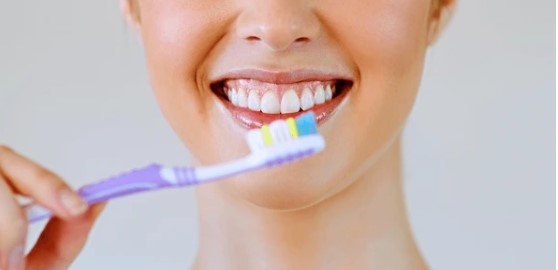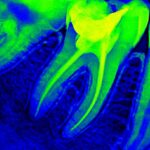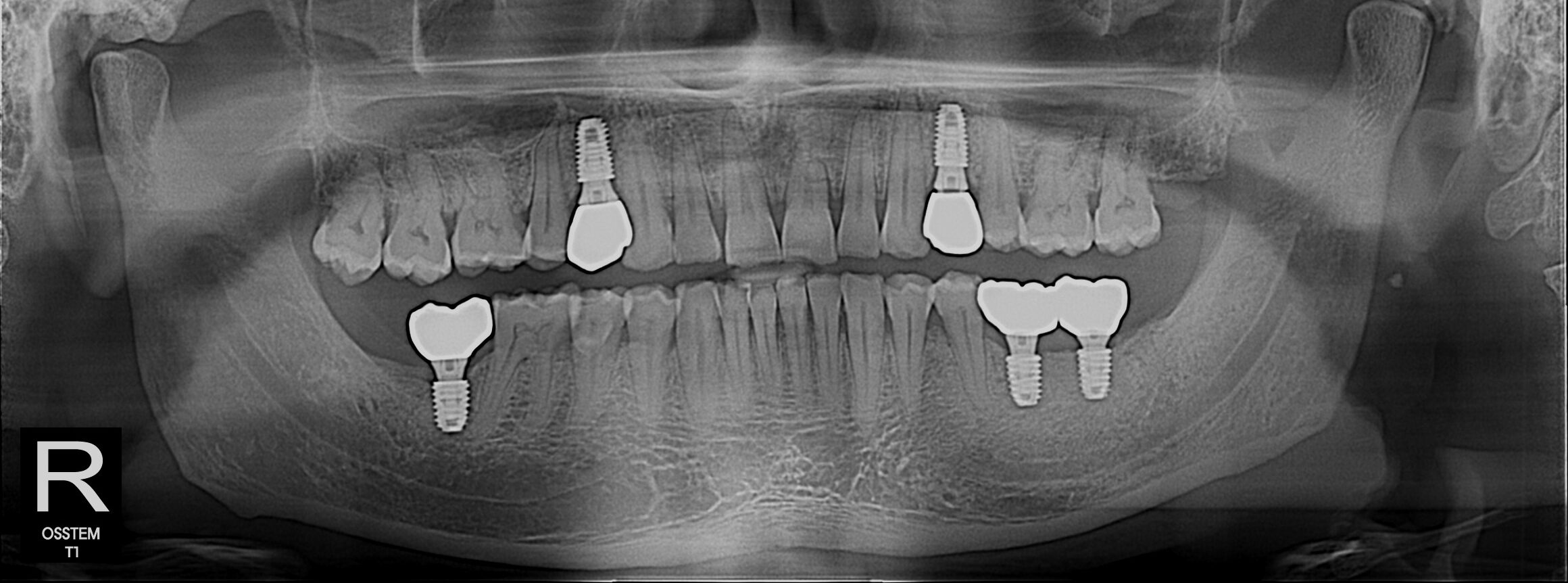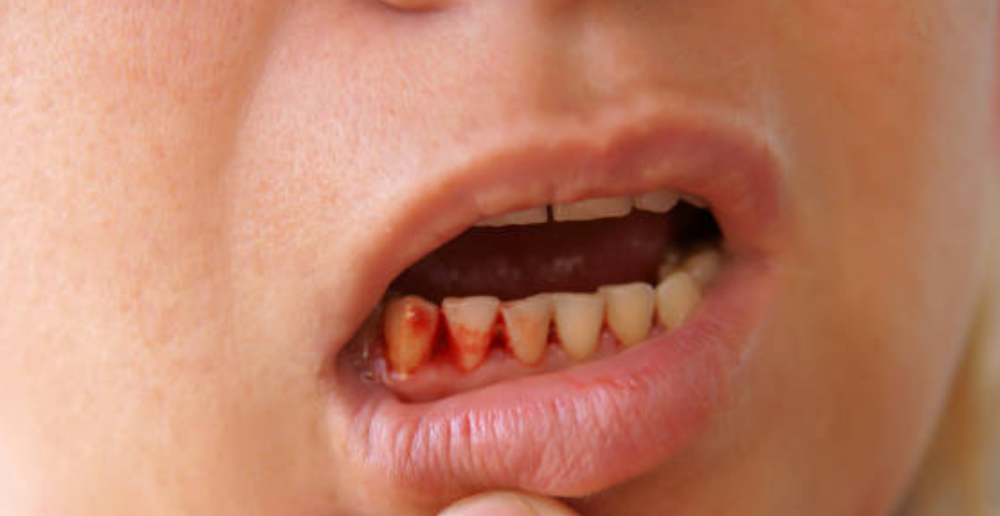Why Oral Hygiene is so Important? Adults over the age of 35 lose more teeth to gum diseases or periodontal disease than from cavities. Seventy five percent adults are affected at some time in their life. The most best way to prevent cavities and gum disease is by good tooth brushing & flossing which need …

Why Oral Hygiene is so Important?
Adults over the age of 35 lose more teeth to gum diseases or periodontal disease than from cavities. Seventy five percent adults are affected at some time in their life. The most best way to prevent cavities and gum disease is by good tooth brushing & flossing which need to be performed daily.
Gum disease and dental cavity are both caused by bacterial plaque. Plaque is a colorless thin bio-film, which sticks to your teeth at the gumline. It’s constantly forms on your teeth. Thorough daily brushing and flossing, you can remove these germs and help prevent gum or periodontal disease.
How to Brush?
If you have any pain while brushing or have any questions about how to brush properly, please be sure to call the office at 0189 422 1464
Dr. Rahman recommends using a soft toothbrush. Always place the brush at a 45-30 degree angle where your gums and teeth meet. Gently move the brush in a circular motion several times using small, gentle strokes and brush the outside surfaces of your teeth. Every time use low and gentle pressure while putting the bristles between the teeth, and do not apply too much pressure that you feel any discomfort.
After completing the outside surfaces of all your teeth, follow the same directions while cleaning the inside of the back teeth. To clean the inside surfaces of both jaws front teeth, hold the brush vertically. Make several gentle back-and-forth strokes over each tooth. Don’t forget to gently brush the adjacent gum tissue.
Finally, you have to clean the biting surfaces of your teeth by using short, gentle strokes. Change the position of the brush as as necessary to reach and clean all surfaces. To confirm watch yourself in the mirror to make sure you clean each surface. After you are done, rinse vigorously to remove any plaque you might have loosened while brushing.
How to Floss?
Gum disease usually appears between the teeth where your toothbrush cannot reach. Flossing is a very effective way to remove plaque from those surfaces. However, it is important to develop the proper technique. The following instructions will help you, but remember it takes time and practice.
Start with a piece of floss (waxed is easier) about 18” long. Lightly wrap most of the floss around the middle finger of one hand. Wrap the rest of the floss around the middle finger of the other hand. To clean the upper teeth, hold the floss tightly between the thumb and forefinger of each hand. Gently insert the floss tightly between the teeth using a back-and-forth motion.
Do not force the floss or try to snap it in to place. Bring the floss to the gum line then curve it into a C-shape against one tooth. Slide it into the space between the gum and the tooth until you feel light resistance. Move the floss up and down on the side of one tooth. Remember there are two tooth surfaces that need to be cleaned in each space.
Continue to floss each side of all the upper teeth. Be careful not to cut the gum tissue between the teeth. As the floss becomes soiled, turn from one finger to the other to get a fresh section. To clean between the bottom teeth, guide the floss using the forefingers of both hands. Do not forget the back side of the last tooth on both sides, upper and lower.
At the end, rinse vigorously with water to remove plaque and food particles. Do not be alarmed if during the first week of flossing your gums bleed or are a little sore. If your gums hurt while flossing you could be doing it too hard or pinching the gum. As you floss daily and remove the plaque your gums will heal and the bleeding should stop.
Caring of Sensitive Tooth
Sometimes after dental treatment, teeth are sensitive to hot and cold. This should not last long, but only if the mouth is kept clean. If the mouth is not kept clean the sensitivity will remain and could become more severe. If your teeth are especially sensitive to consult with your doctor. They may recommend a medicated toothpaste or mouth rinse made especially for sensitive teeth.
Professional Cleaning
Daily brushing and flossing will keep dental calculus to a minimum, but a professional cleaning will remove calculus in places your toothbrush and floss have missed. Your visit to our office is an important part of your program to prevent gum disease. Keep your teeth for your lifetime. Call us to schedule a Cleaning appointment today.








